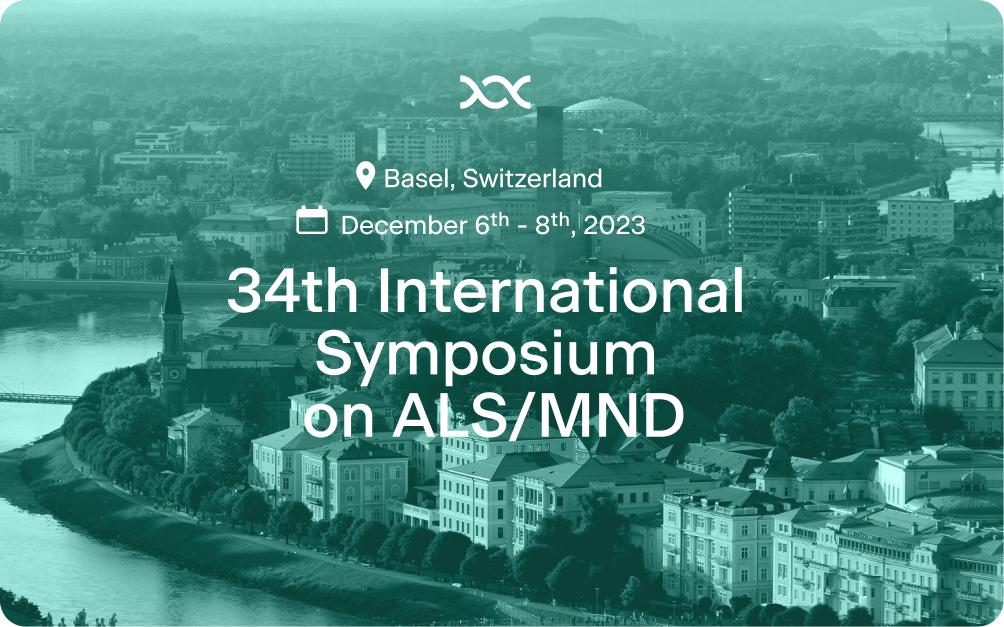Reflections from the 34th International Symposium on ALS/MND

The 34th International Symposium on ALS/MND represented a pivotal moment in the ongoing fight against Amyotrophic Lateral Sclerosis (ALS). This year's event was especially significant, commemorating the 30th anniversary of the discovery of SOD1, the first monogenic cause of ALS, and showcasing the substantial progress made in understanding the genetic components of this complex disease.
The exploration of ALS's genetic landscape was a central theme of the symposium. Researchers have made considerable strides in this area, with about 15% of ALS cases now understood to be linked to pathogenic variants in known ALS genes. This knowledge has opened new pathways for exploring non-coding genomic regions and structural variants, previously uncharted territories in ALS research.
Strides forward in ALS gene variant classification
The work presented by the ClinGen ALS Gene Curation Expert Panel was particularly illuminating. In the closing session, Dr. Matthew Harms presented findings of a three-year effort by the ClinGen ALS Variant Curation Expert Panel's, which have been vital in developing criteria for ALS gene variant classification. Their review of over 50 genes associated with ALS has provided crucial insights, not only advancing our understanding of the disease but also paving the way for future genetic therapies.
This is more than just scientific rigour; it's about providing answers and preparing families for the future. As Dr. Harms eloquently put it:
"I also want to remind everyone that genetic testing will prepare entire families for changes in actionability as these genetic therapies move forward in the clinic. Additionally, from a patient's perspective, it can be equally important that they receive an explanation for why the disease has occurred, and then importantly, inform the ALS risk assessment for close relatives."
This underscores the multifaceted value of genetic testing in ALS. It's not just about identifying the right treatment options; it's also about offering patients and their families a clearer understanding of their condition and potential risks for relatives. This understanding is crucial as we step into an era where genetic therapies are becoming a reality, bringing new hope but also new responsibilities in terms of patient care and family support.
Launch of "Light the Way"
Against the symposium’s backdrop of hopeful determination, Sano introduced the "Light The Way" initiative. This program is a comprehensive response to the genetic complexities of ALS, providing free DNA testing, genetic counselling, and educational resources to those diagnosed with, showing symptoms of, or at risk for ALS due to family history. "Light The Way" is a concerted effort to not only deepen our understanding of ALS genetics but also to expand access to emerging therapies and contribute to vital research. This initiative underscores the collective resolve of the global ALS community to find answers and offer tangible support to those grappling with this challenging disease.
As we reflect on the 34th International Symposium on ALS/MND, we see a landscape where significant strides in genetics and therapy are intersecting with compassionate patient care. The journey ahead in ALS research and treatment is challenging but filled with potential. We look forward to seeing what’s next in this space, and are excited about all the good “Light the Way” will do for the ALS community.
To learn more about the genetics of ALS, please download our insights report:

